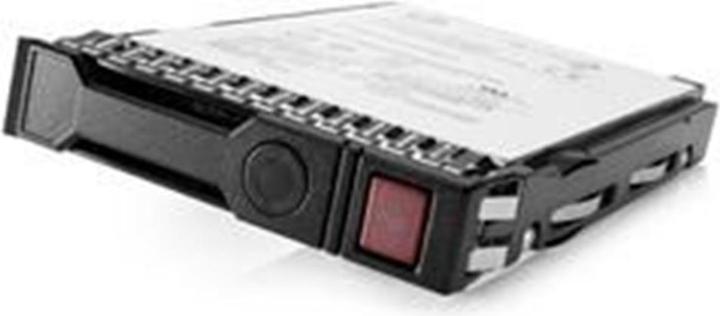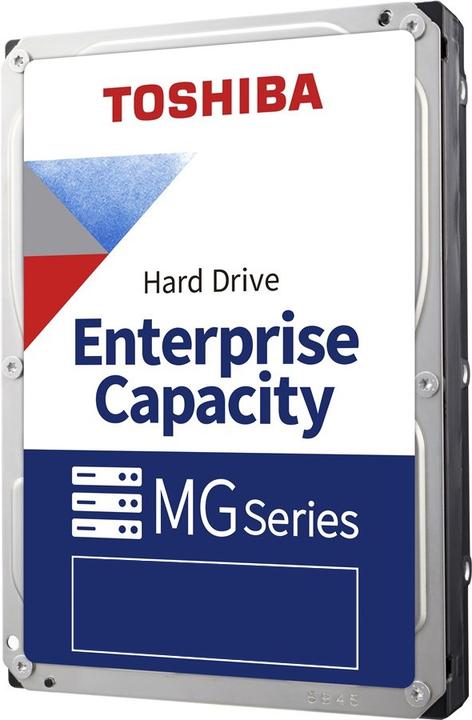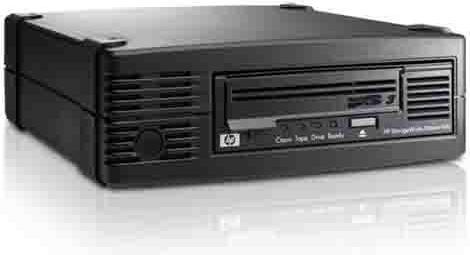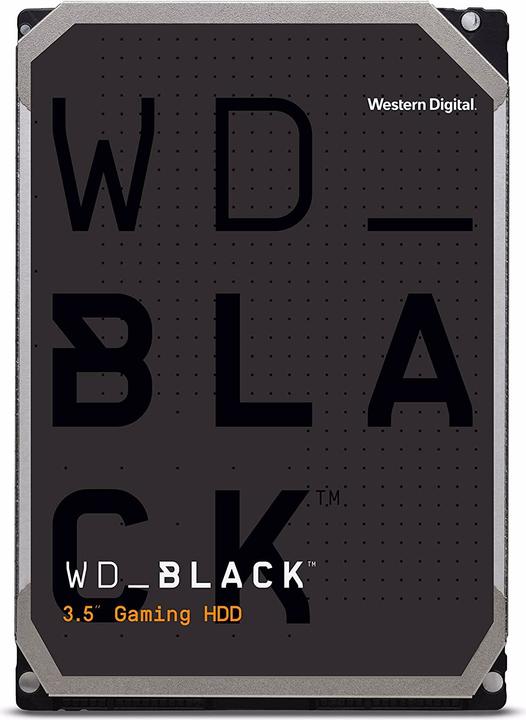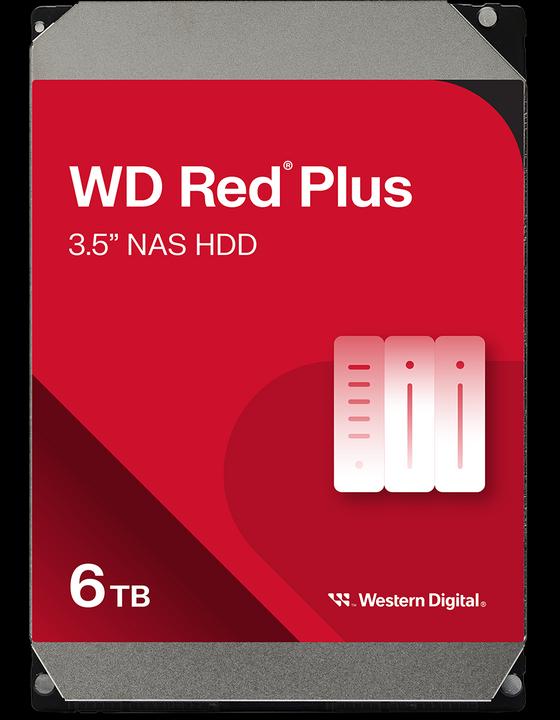
Too Many Hard Drives? Here's How to Choose the Right One
Discover the key features to consider when selecting the ideal hard drive for your needs.
Last updated 2 weeks ago. Automatically generated content.


Select options and limit the number of products
Storage capacity refers to the amount of data a hard drive can hold, ranging from documents and photos to software and applications. It is a crucial factor because it determines how much information can be stored and accessed, affecting both personal and professional usage needs.
Popular options
Up to 1 TB
Typical price
140.– to 270.–Offers a compact storage solution suitable for basic needs such as documents and smaller files.
Ideal for users who require minimal storage for everyday tasks or have a limited budget.
Bestseller
1.1 - 6 TB
Typical price
210.– to 360.–Provides a moderate amount of storage, accommodating larger files and multiple applications.
Suitable for individuals who use their devices for gaming or media consumption, offering a balance between capacity and cost.
Bestseller
7 - 15 TB
Typical price
360.– to 570.–Offers extensive storage capacity for high-demand users with significant data needs.
Perfect for professionals and enthusiasts who handle large multimedia files or extensive backups, ensuring ample space for future growth.
Bestseller
Max. Speed refers to the rotational speed of a hard drive's platters, measured in RPM (revolutions per minute). It is essential in determining data transfer speed, access time, and overall performance, impacting how quickly files are read, written, and accessed.
Popular options
Up to 7200 RPM
Typical price
210.– to 460.–Features a standard rotational speed, commonly found in consumer-grade hard drives.
Ideal for everyday computing tasks, offering a balance between cost and performance for general use.
Bestseller
7201 - 10000 RPM
Typical price
140.– to 320.–Provides faster rotational speed compared to standard drives, enhancing data access rates.
Suitable for users requiring quicker file retrieval and improved performance in demanding applications, such as gaming or video editing.
Bestseller
10001 - 15000 RPM
Typical price
170.– to 320.–Delivers the highest rotational speed available, maximizing data throughput and access times.
Recommended for enterprise environments or professionals needing superior speed for large data processing or intensive tasks.
Bestseller
The interface of a hard drive determines how it connects to a computer system, affecting data transfer speed and compatibility. Choosing the right interface is crucial for ensuring optimal performance and seamless integration with existing hardware.
Popular options (you can select more than one)
SATA
Typical price
200.– to 420.–Standard interface for most consumer hard drives, offering a balance of speed and cost-effectiveness.
Ideal for everyday use in desktops and laptops, providing adequate performance for general tasks.
Bestseller
SAS
Typical price
190.– to 370.–High-performance interface designed for enterprise-level applications, supporting faster data transfer rates.
Suitable for servers and data centers, ensuring reliability and efficiency in managing large volumes of data.
Bestseller
SCSI
Typical price
43.– to 89.–Older interface that supports multiple devices on a single bus, known for its robustness and reliability.
Best for legacy systems and specialized applications, providing stable performance in complex environments.
Bestseller
The scope of application refers to the intended use or environment for which a hard drive is optimized. Selecting the right scope ensures the hard drive meets specific performance and reliability needs, enhancing overall functionality and user satisfaction.
Popular options (you can select more than one)
Enterprise
Typical price
200.– to 370.–Designed for high-capacity and high-performance operations in business environments.
Enterprise hard drives offer superior reliability and durability, making them ideal for data centers and large-scale storage solutions.
Bestseller
NAS
Typical price
230.– to 490.–Optimized for network-attached storage systems, providing efficient data sharing and backup.
NAS hard drives enhance collaborative work environments, ensuring seamless access to shared files and data protection.
Bestseller
Gaming
Typical price
220.– to 490.–Built to deliver fast read and write speeds, reducing load times in gaming applications.
Gaming hard drives improve gaming experiences by ensuring smooth gameplay and quick access to game files.
Bestseller
Choosing the right hard drive brand can significantly affect the reliability, performance, and longevity of your storage solution. Brands like Seagate, WD, and Toshiba are known for their distinctive features and specializations, such as Seagate's focus on high-capacity drives and WD's reputation for durability.
Popular brands (you can select more than one)
Seagate
Recognized for its extensive range of high-capacity drives suitable for both personal and enterprise use.
Ideal for users needing large storage solutions, offering robust performance and speed.
Bestseller
WD
Famous for producing durable and reliable hard drives with a focus on data security.
Great for users seeking long-lasting products with excellent data protection features.
Bestseller
Toshiba
Known for offering a balance between performance and affordability in their hard drives.
Perfect for budget-conscious consumers looking for reliable yet cost-effective storage solutions.
Bestseller
Synology
Specializes in NAS (Network Attached Storage) solutions with a strong emphasis on connectivity and user-friendly interfaces.
Ideal for businesses and tech-savvy users needing networked storage with flexible access options.
Bestseller
HPE
Renowned for providing enterprise-grade storage solutions with superior performance and scalability.
Suitable for large-scale operations requiring robust, high-capacity storage systems.
Bestseller

